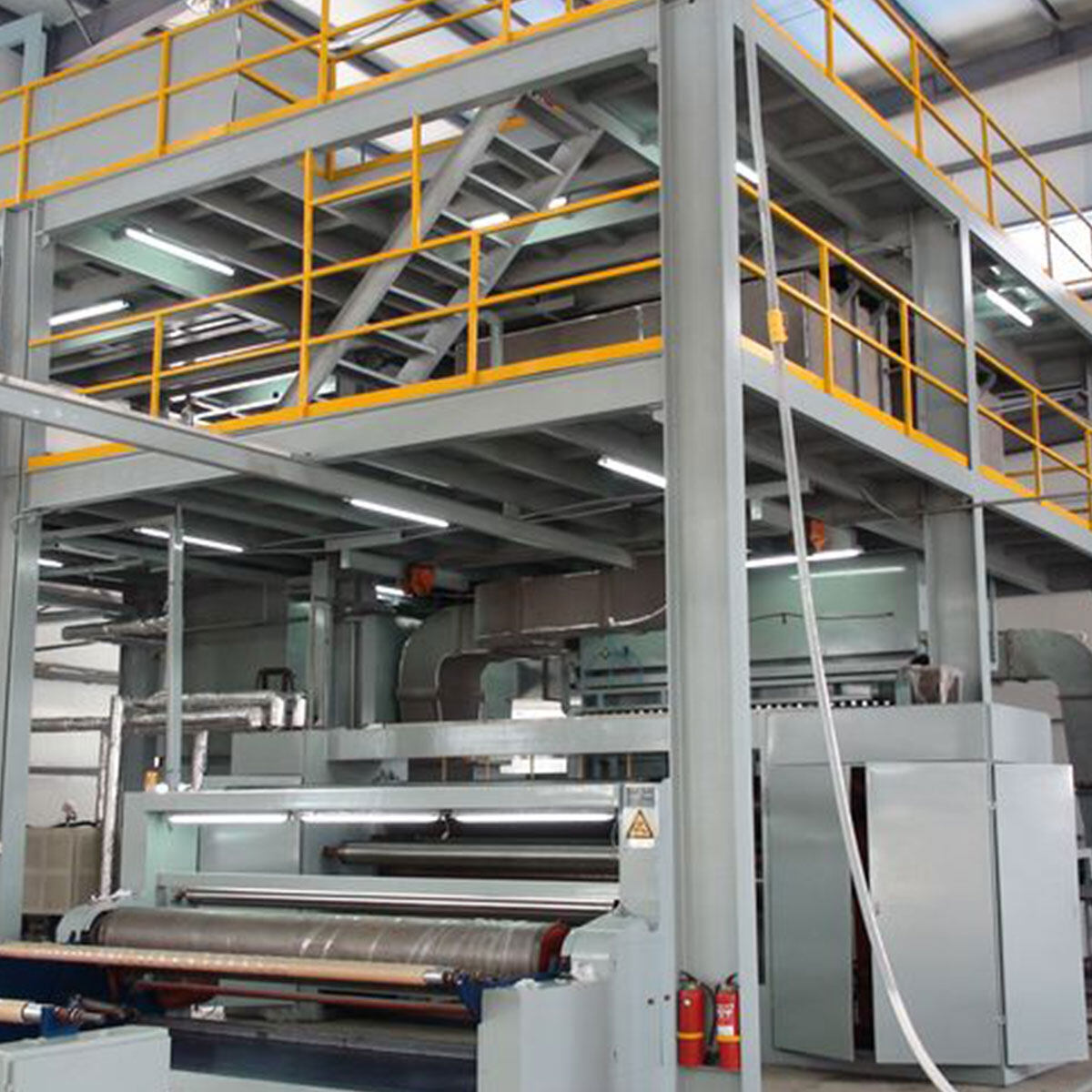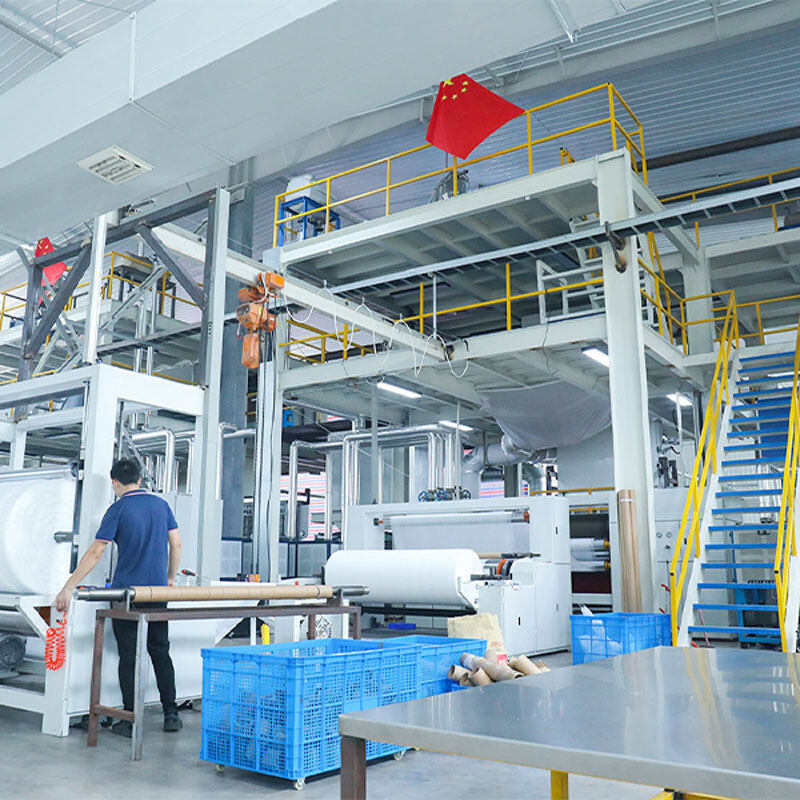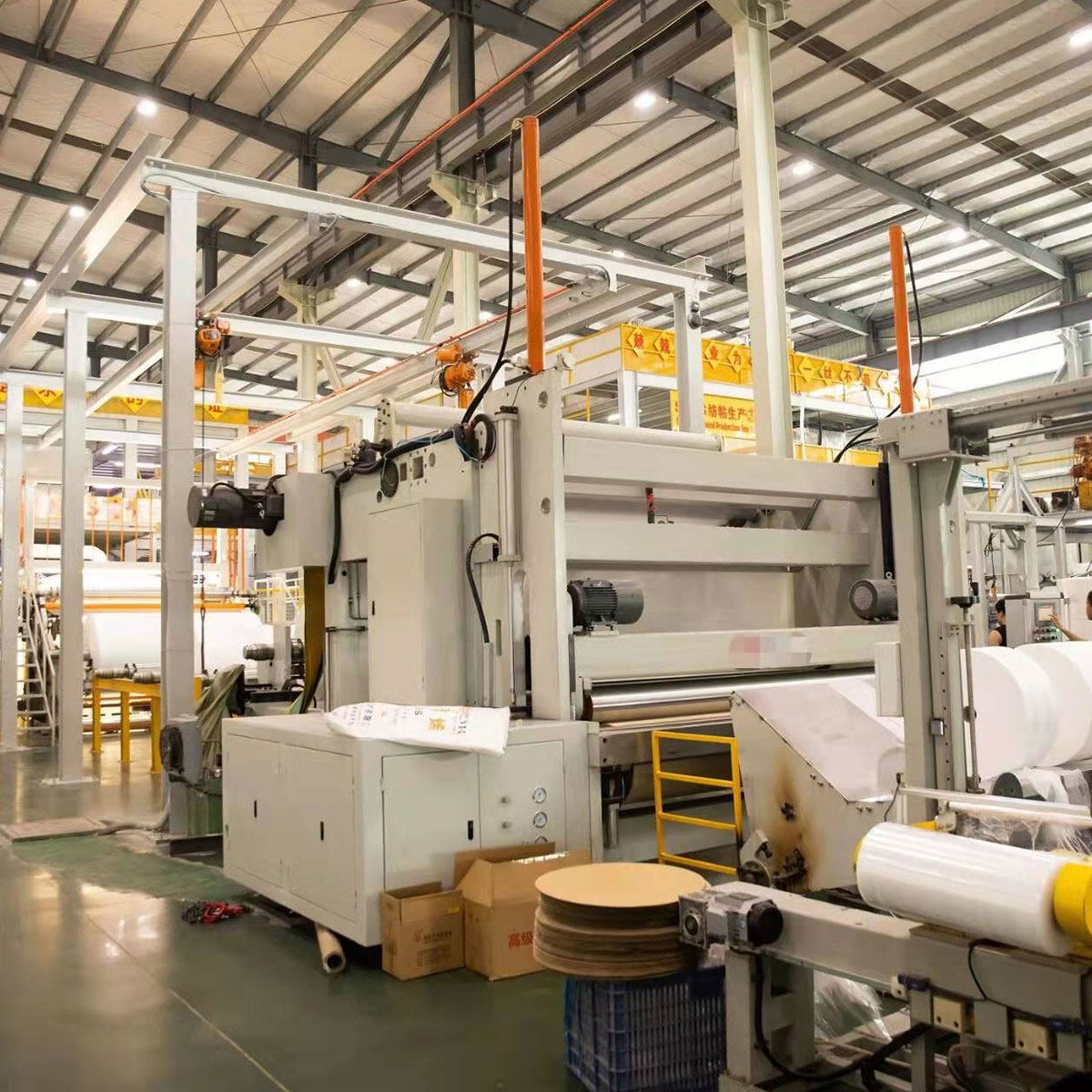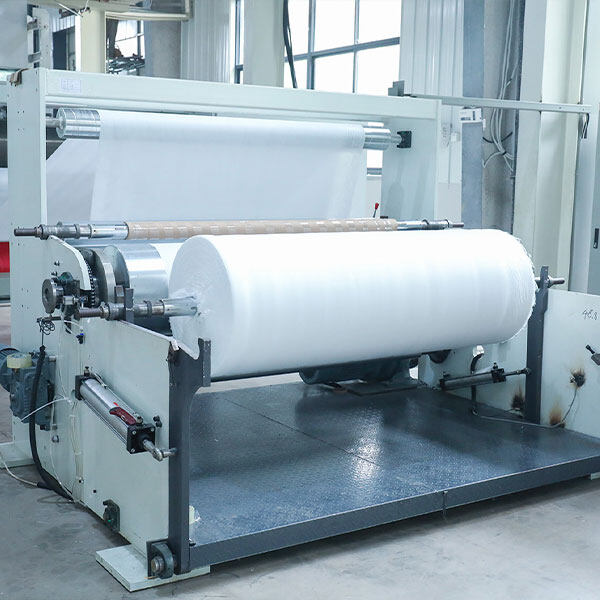6-20 个字符(仅限字母加数字)
密码不一致

S Model
S Model
(7)S model 3200mm nonwoven fabric device
A certain amount of moisture is typically present in the polymer chips produced by pelletizing on the conveyor belt; this moisture must be dried and removed before spinning. It is not necessary to dry non-aqueous polymer chips like polypropylene.
2400mm S type nonwoven equipment
It is forbidden for the spunbond nonwoven fabric machine to let too much water or oil into the pressure system. If it is possible to check that the oil volume of each inner cup of the converter is sufficient, this will help prevent issues, shorten the life of the cylinder barrel, and ensure that the air is dried and cleaned. If not, the pressure relief valve should be pushed forwards and should not be used for an extended period of time at the back.
1600mm S non-woven fabric machine
Features of the S non-woven fabric manufacturing machine 1. The usage of needles and thread is avoided by using ultrasonic welding, which eliminates the hassle of having to change needles and threads frequently. Ancient stitching did not have a conversation environment, and it was also capable of doing orderly partial cutting and sealing of textiles. Additionally, sewing serves a decorative purpose. It has a powerful adhesive force, is more sophisticated and attractive, and can produce effects like waterproofing, clear embossing, and double-sided three-dimensional relief. 2. Special steel wheels are processed using ultrasonic technology. The sealed edges have no rough edges or curling marks, are not cracked, do not harm the cloth edges.
One Beam PP Spunbond Nonwoven Machine
To meet the need for production, the spunbond nonwoven machine must be productive. To increase the whole process' production efficiency, we must first increase machine productivity, lower the equipment failure rate, and increase equipment speed so that it operates as quickly as feasible.
S nonwoven machine
The S Spunbond Nonwoven Machine uses a spinning drafting mechanism and an advanced electrical control cabinet. Advanced AC frequency-modulated speed and fully digital synchronized communications are elements of the system controlling mode. S Spunbond Nonwoven Machine has fewer investment requirements, a small footprint, a small covering area, and labor-saving capabilities.
S nonwoven machine production line
The production process for spunbond nonwoven has a lot of crucial components. After use, these components must be positioned and then put back, and the instrument must be zeroed. The spun-bond non-woven fabric production line should not have combustible or explosive items stacked around it, and unnecessary knickknacks shouldn't be put on the line's table. The table must be kept spotless, and any rust or oil stains must be removed with a damp cloth.
S spunbond nonwoven fabric making machine
One of the key factors influencing the majority of small and medium-sized spunbond nonwoven producers to select our S Spunbond Nonwoven Fabric Making Machine is its stable production capacity and quick return on investment. Agricultural nonwoven fabrics, industrial nonwoven fabrics, packaging bags, garment linings, and other industries can all benefit from the S Spunbond Nonwoven Fabric Making Machine.





